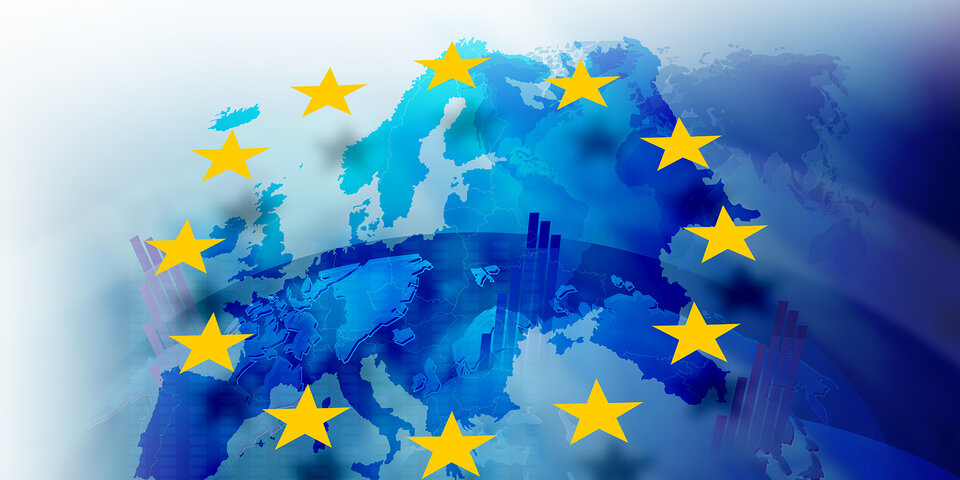 Adobe Stock/katarzyna
Adobe Stock/katarzyna
Editorial
Dear Readers,
The start of a new legislative period is very exciting at both the national and the European level. New members of parliament (MEPs) move into the European Parliament (EU Parliament) and bring with them not only their staff but also curiosity about what may lie ahead. In the EU Parliament, the political groups and committees come together and elect their presidents, chairpersons and coordinators. In the process, the European elections determine the political balance of power in the plenary assembly.
ed* Nr. 01/2024 – Chapter 1
In the future, the new MEPs will be concerned with the question: how can majorities be found in favour of their political objectives? It is good that there are the “old hands” – the MEPs with European political experience who have made it back into the EU Parliament. While I am happy to make new contacts, I am also very happy to see many familiar faces.
The elections will also result in a new composition of the European Commission (EU Commission). This is where “reshuffle” is the order of the day. An old European rule states: No European Commissioner will remain in the position they held during their last term in office. Here, too, there will be many new heads shaping the policies of the EU Commission.
The German Social Insurance (DSV) stands for a democratic and social Europe. This is why I am looking forward to continuing to help shape European policy in this spirit in the coming legislative period. However, a change in the balance of power means more difficult discussions on some important topics, that much is clear already. Against this backdrop, I ask myself: how important will health and social policy be in the next parliamentary term?
This ed* will show you: the past 9th legislative period was a complete success in terms of social and health policy. The two social summits in Porto and La Hulpe substantiate this. Such success is not assured for the new parliamentary term. The wars in Ukraine and the Middle East as well as criticism from the business community and public protests against climate-related restrictions and subsidy cuts may shift political priorities. The majority ratios in the EU Parliament and the Council of the European Union (Council) also contribute to this, as the political balance shifts with each new government. Elections will be held in five Member States this year alone.
With our ed*, we have made an attempt to see which political issues are on the agenda and, based on the election programmes of the European parties, to ask ourselves what might lie ahead for the social insurance.
I hope you find our new issue interesting. Please feel free to get in touch with us either via our email account, LinkedIn or over the phone.
Yours
Ilka Wölfle LL.M.

